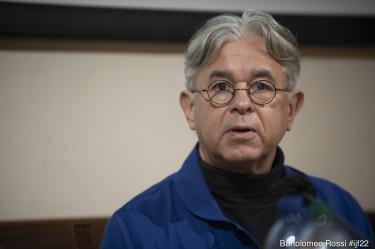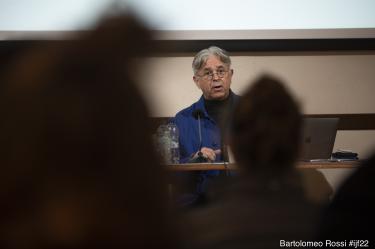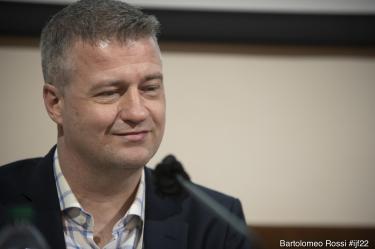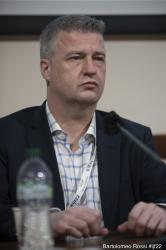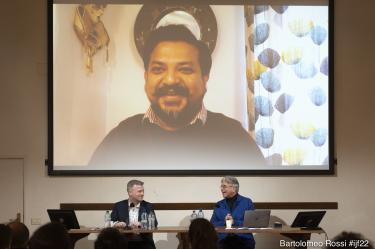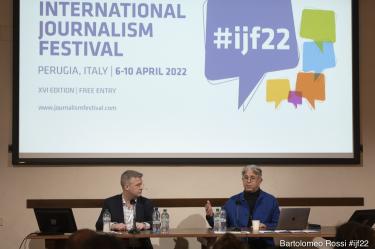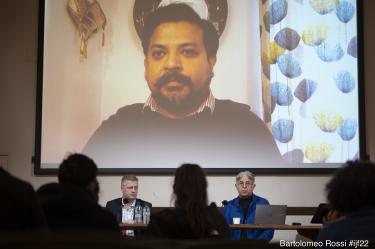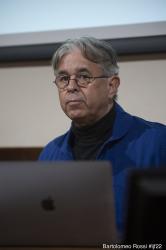Al Jazeera's Investigative Unit has been devising and revising their systems and processes for handling whistle-blowers and sources from first contact to publication and beyond. But where does that duty of care end and what are the considerations broadcasters and publishers need to consider along the often challenging road to publication.
Often organisations might not comprehend the full range of responsibilities that comes with handling a whistle-blower, especially when there is a significant threat to life. In addition, there are the more obvious financial penalties that come with losing a job or livelihood when they decide to go public with evidence of corporate or government abuse.
From ensuring fair and appropriate financial support, physical security, strict info-sec protocols, proper legal advice and in some cases assisting with applications for asylum, the list of measures and actions is long and costly. But at what point should journalists draw a line and consider they have fulfilled their side of the bargain with a whistle-blower who often has nowhere else to turn?
Al Jazeera's investigative unit panel, with the help of two whistle-blowers who are still dealing with the consequences of their brave actions, will the challenges they have faced.
The two prominent whistle-blowers, Johannes Stefansson and Saer Khan, will talk from direct experience about the perils and pitfalls of their journey, but also give an honest appraisal of where journalists can do better. Both faced direct physical danger and one is currently seeking asylum with his family as a result of his brave actions. Phil Rees, Director of Investigations, will be the third member of the panel. He will address some of the legal, ethical and financial considerations that arise during whistle-blower investigations.
Organised in association with Al Jazeera Investigations.



